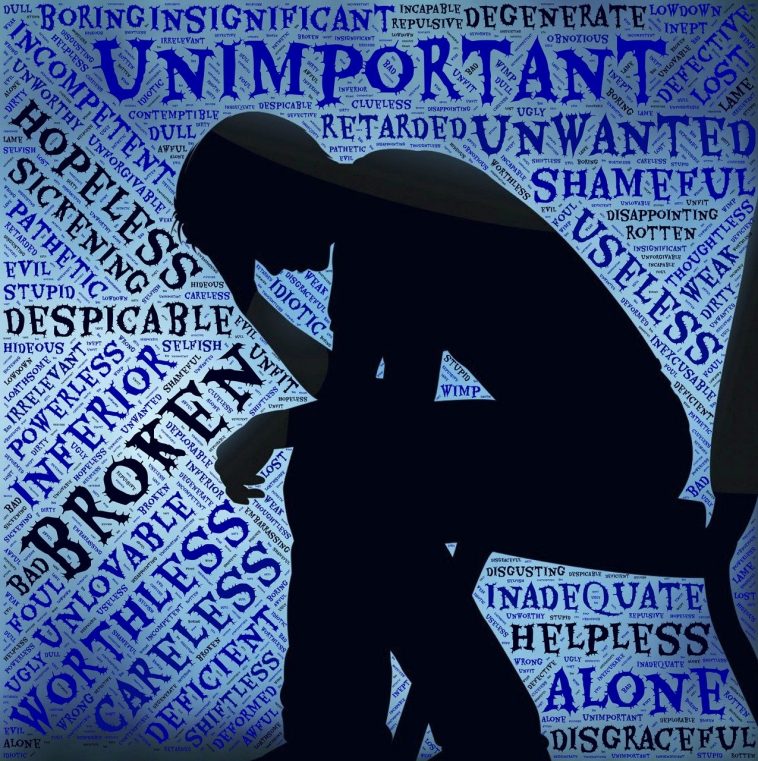7 Helpful Tips For Coping With Depression Today, many countries struggle with high depression rates because of tough economic times. Mental health disorder affects more than 264 million people around the world. It hinders people of all ages, but women tend to suffer more than men. It’s crucial to find helpful tips for coping with depression, as it could lead to suicide.
While there are many pharmacological and psychological treatments for severe and moderate depression, learning other ways to cope is vital. Strategies such as eating well, sleeping well, and exercising may help. Here are some other helpful tips for coping with depression:
Seek Help from a Support Group
A support group is one of the best ways to deal with common issues such as depression or drug addiction. That’s why NA Meetings Asheville continues to help people come together and address their concerns.
Depression-like conditions are not easy to overcome on your own. However, support groups motivate you to meet people who have successfully conquered it and are doing well in managing it. You get educational and community help to save you from relapsing into depression.
Use of Physical Exercise
Exercise improves your mental and physical health. But did you know that it offers positive effects when dealing with depression? Exercising makes you feel more energetic, sharper, and positive about yourself. Regular exercise can relieve stress and depression and enhance your mood.
Research shows that physical exercise helps in depression by keeping the mind occupied with other things. When exercising, you reduce negative thoughts. Besides, it releases good hormones, which improve your well-being when coping with depression.
Socialize with Friends and Family
Depressed individuals often feel low and lonely. They hate interacting with others and tend to keep issues to themselves. However, this behavior affects their physical and emotional health and can lead to further mental illness
It would help if you didn’t cut yourself off from the outside world. We are social beings, so it’s beneficial that you maintain healthy relationships with friends, loved ones, and families. They are an essential support network.
Maintain a Healthy Diet
A good diet plan is essential to improve your mental health when coping with depression. Eat balanced meals to help stabilize your blood sugar, which gives you the energy to carry on throughout the day.
However, reduce your consumption of simple carbohydrates, such as white flour and refined sugars. Avoiding these food choices will stabilize the blood level and, in turn, elevate your mood.
Depression levels reduce when you consume low-fat dairy products, fewer animal-based foods, olives, fish, whole grains, vegetables, and fruits.
On the other hand, taking a diet with high quantities of red meat, sweets, potatoes, and fewer fruits/ vegetables may worsen depression. Therefore, always focus on maintaining a healthy diet.

Eliminate Negative Thoughts
It’s a considerable challenge for depressed individuals not to give in to negative thoughts. Going through depression makes you feel like the world is over, and nothing makes sense. Eliminate such thoughts by shifting the focus of your mind to look at positive thoughts.
Positive thoughts help you to have a better view of the world. When you shift your thoughts towards positivity in your life, you will begin to feel better about your environment. Enrolling in cognitive behavioral therapy is one way to encourage positive thoughts.
One recent study shows that positive activity interventions involving thoughts such as gratitude, kindness, and positive feelings towards other people help manage depression.
Sleep Regular Hours
It’s familiar to lack sleep when coping with depression. Research shows that depressed individuals complain about insomnia or too much sleep. Thinking about your problems can hinder you from enjoying a good night’s sleep.
On the other hand, some spend the whole day just sleeping due to depression to evade their thoughts.
Enjoying up to eight hours of sleep helps improve physical health and moods and reduces depression. Sleep is as essential to our health as breathing, drinking, and eating. Inadequate sleep will lead to mental health issues like depression and anxiety.
If you have trouble falling asleep, turn off any electronics an hour before bed and sleep under dim light.
Establish a Regular Routine
It’s hard to stick to a routine when you have depression. Consequently, without a well-established method, you may probably sleep the whole day or engage in drugs. The best way to maintain focus is to devise a list of activities you can do and ensure that you accomplish them.
You can begin your morning with a short run, consume breakfast, and then fruits. You can do some house chores, visit friends, and finish office work. In the evening, you can meditate to keep your mind off your worries.
Conclusion
Depression is a challenging mental disorder that can potentially lead to fatal outcomes when you fail to manage it. Drugs prescribed for depression will only help a little, but they can become addictive and cause dependency.
These natural and helpful tips will put you at ease when coping with depression. Make sure to eat well, sleep well, seek the support of friends, and exercise. However, talk to your doctor if symptoms persist.
Read more:



